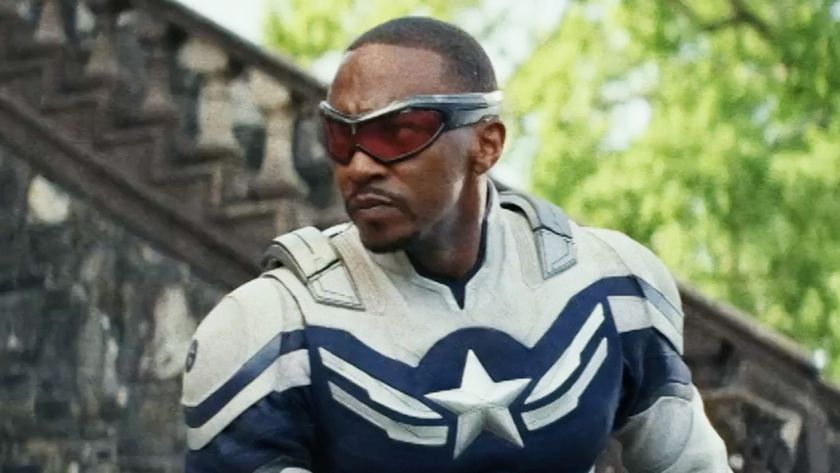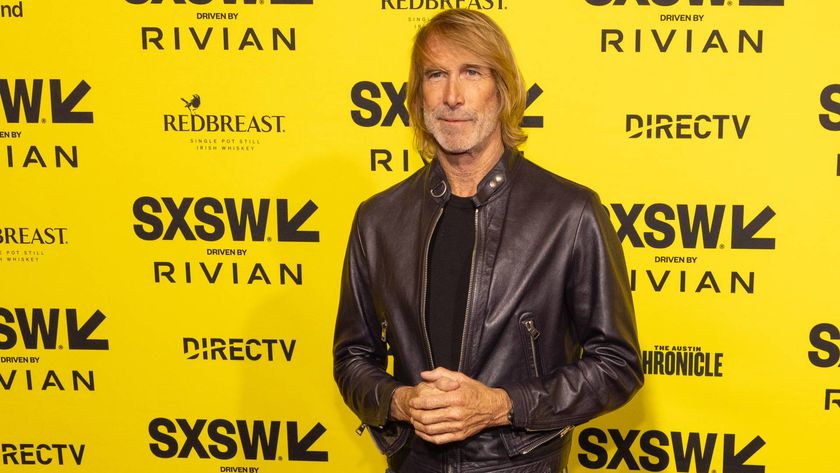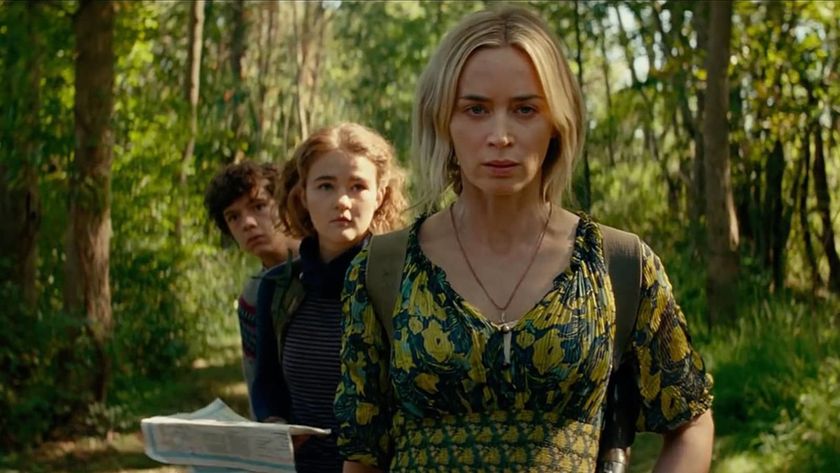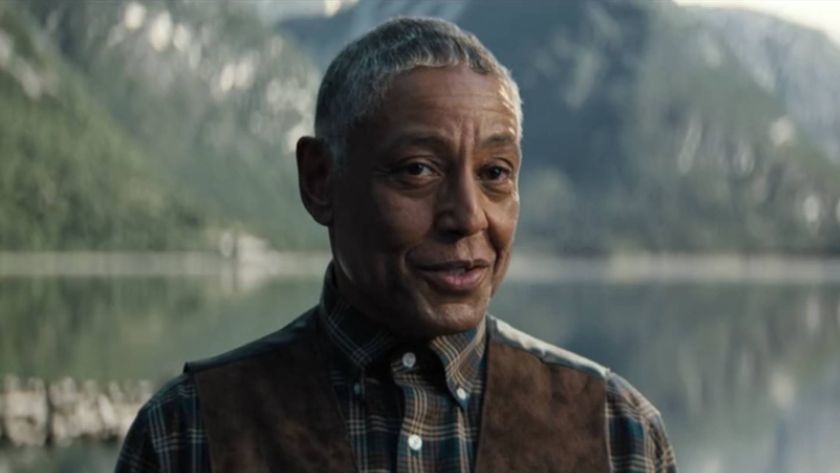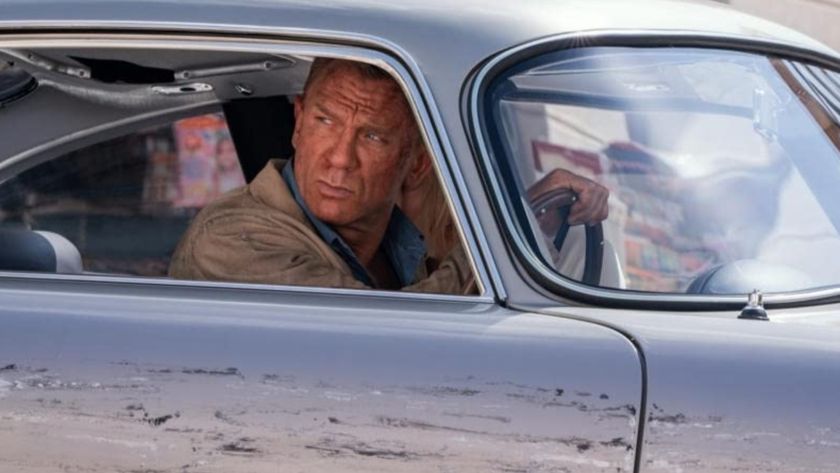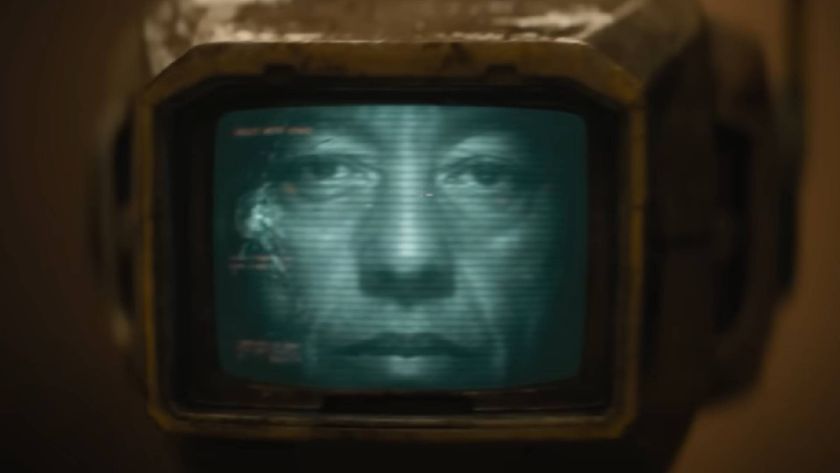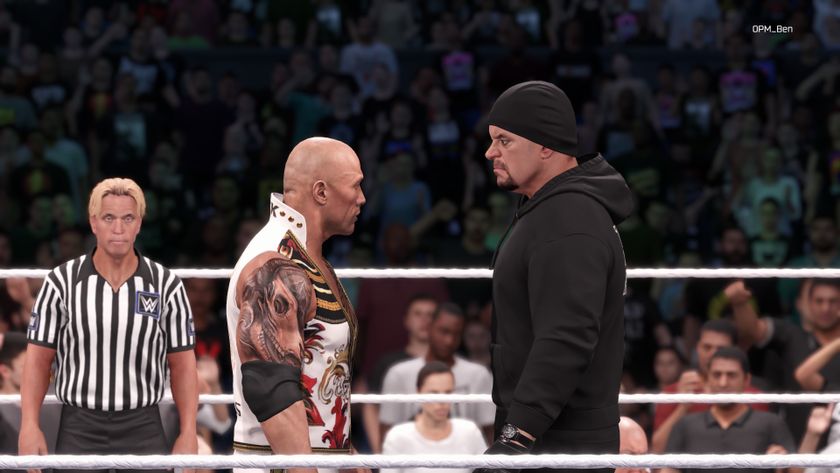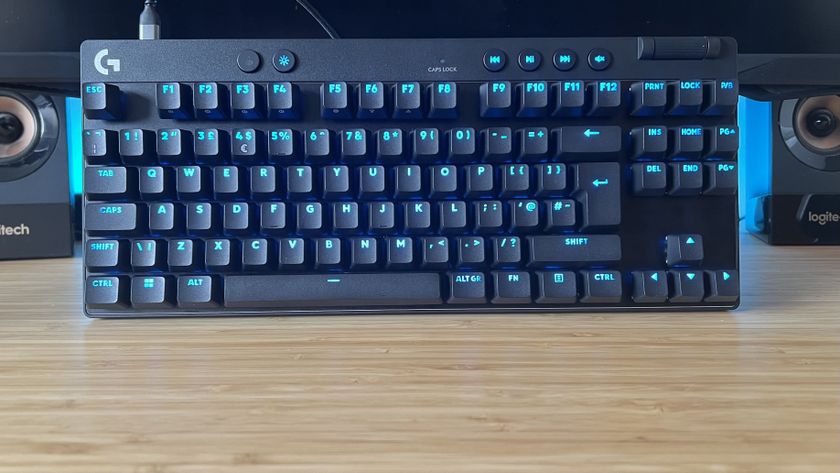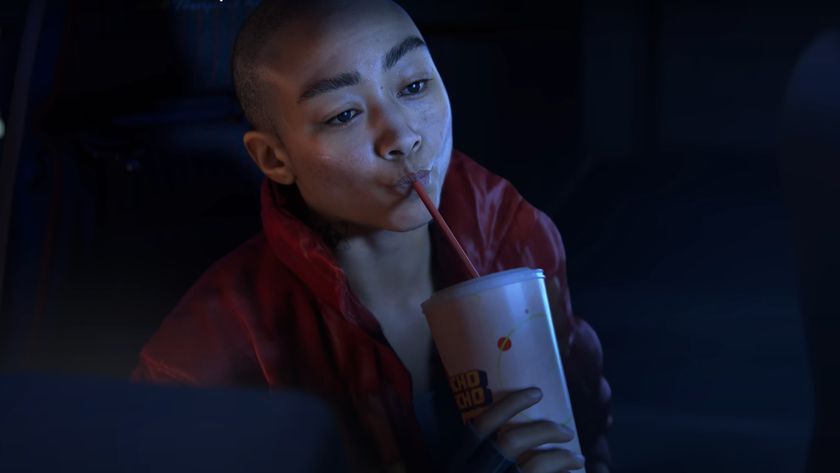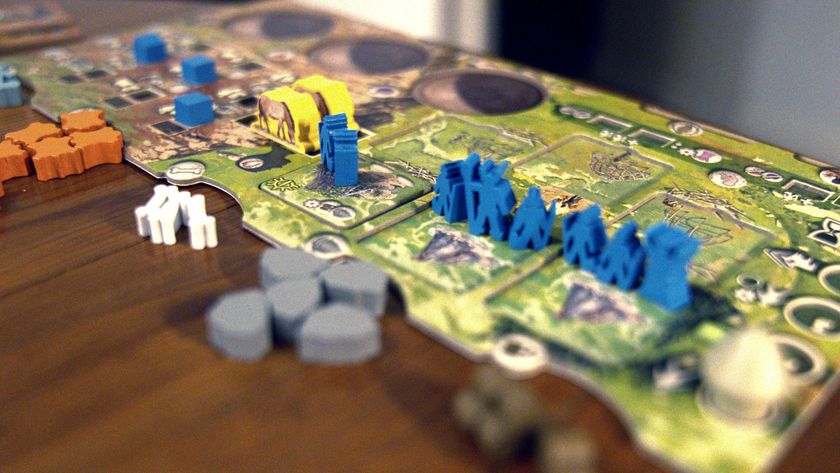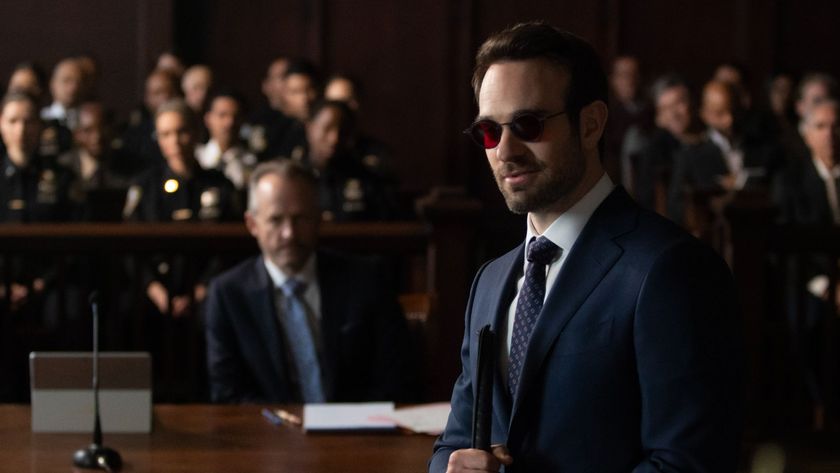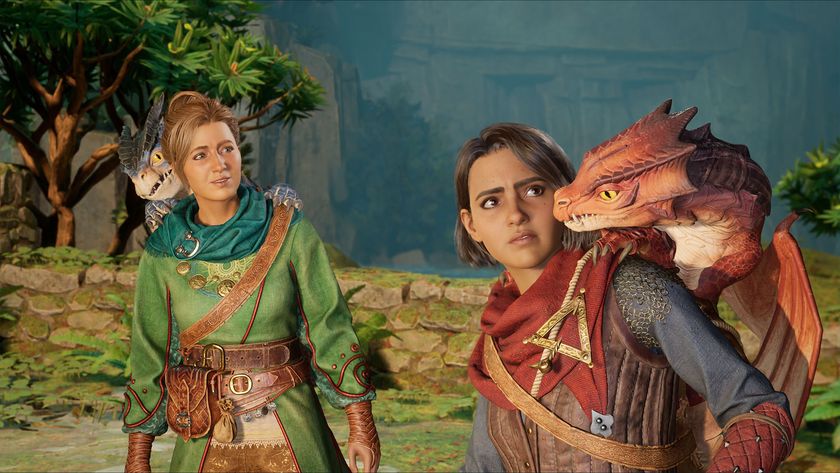Why you can trust GamesRadar+
Blame Baz Luhrmann. While writer/director Michael Almereyda doesn’t list the flamboyant Aussie helmer among his influences, it’s obvious that this tedious updating of what is arguably Shakespeare’s best play wants to do for Hamlet what Luhrmann did for Romeo & Juliet. But though Luhrmann delivered a dizzying visual feast which re-packaged Shakey for the teen market without dumbing down, Almereyda’s take on the Dane is shabby, cold and unforgivably crass.
The first thing you notice is the supremely stifling production design. Every scene plays out in an office or hotel room, with all the atmosphere of a Trusthouse Forte Travelodge. Perhaps this was intentional to enforce a sense of oppression, but the result is merely alienating. This would be less distracting if the acting was riveting and the script delivered with all the conviction and nuance it deserves, but Almereyda’s cast is utterly incapable of handling their roles.
Kyle Maclachlan summons up his showgirls slime for his turn as Claudius, while Diane Venora’s Gertrude comes across as the kind of troubled wife character you’d find in a TV movie of the week. Julia Stiles, who promised so much in 10 Things I Hate About You, proves she can offer little outside of the teen-com genre, somehow stripping Ophelia of any substance by making her more irritating than tragic.
And as for Ethan Hawke’s Hamlet… Put it like this: if you ever envisioned the Dane as a stroppy, pretentious film student who pouts a lot and wears a daft woolly hat, then you’ll be happy. Frankly, Hawke couldn’t be more wrong for the part. While the decision to make the character younger isn’t a bad one, the choice of Hawke – who has never exactly lit up the screen in any role – certainly is, especially when you’ve got the likes of Tobey Maguire and Wes Bentley out there. To be or not to be? Not to be, please.
Almereyda may try to impress with this modern day reworking, but ultimately he fails due to a cluster of lacklustre performances and depressingly drab scenery. Need to know how to make the Bard's best play into a boring flick? Observe...
The Total Film team are made up of the finest minds in all of film journalism. They are: Editor Jane Crowther, Deputy Editor Matt Maytum, Reviews Ed Matthew Leyland, News Editor Jordan Farley, and Online Editor Emily Murray. Expect exclusive news, reviews, features, and more from the team behind the smarter movie magazine.
